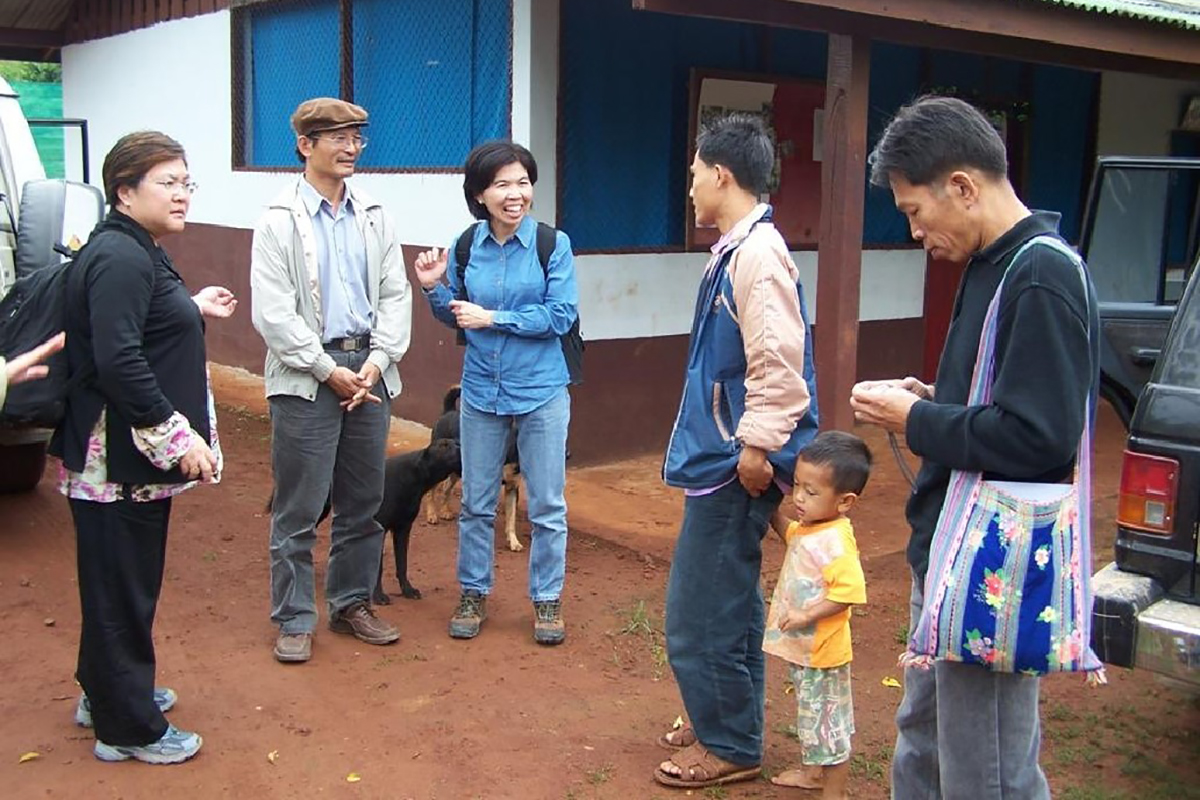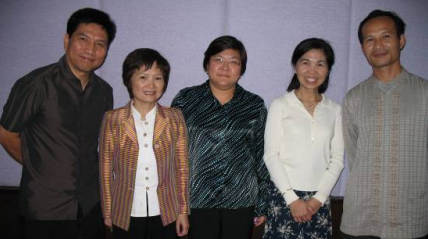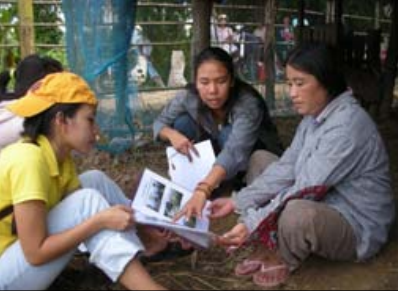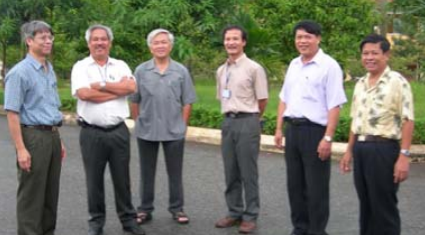
Resource
Payments for Environmental Services (PES) to Benefit the Rural Poor Thailand and Vietnam (2006-2009)

The Program’s inaugural research team, commissioned through a September 2005 grant competition, investigated how the rural poor can be compensated for protecting environmental services needed by urban residents, such as clean drinking water from forest watersheds. These “payments for environmental services” (PES) can provide a sustainable livelihood for rural communities while protecting sensitive forest watersheds.
Principal researchers were Dr. Dang Thanh Ha, Department of Economics, Nong Lam University, Ho Chi Minh City; Dr. Penporn Janekarnkij and Dr. Prapinwadee Sirisupluxana, Department of Agriculture and Resource Economics, Kasetsart University, Bangkok. The team’s expert reviewers included Dr. Joe Padilla, consultant on PES to the Asian Development Bank, Manila; Dr. Minh-Ha Hoang, ICRAF-CIFOR Vietnam representative; and Mrs. Monthip Tabucanon, Director General of the Department of Environmental Quality Promotion, Thailand Ministry of Natural Resources and Environment.

Innovative Research
In 2006 and 2007 the team did ground-breaking household surveys of environmental service “providers” (rural poor living in critical watersheds) and “buyers” (downstream water users) in both countries. In Vietnam, a survey of 600 residents of Ho Chi Minh City found that 90 percent would be willing to pay an average of 5% more for water service if the additional funds would go directly to poor communities living in the Dong Nai watershed, which provides drinking water to the city.
In the Mae Lao watershed near Chiang Rai, Thailand, the team completed a similar survey using creative, hands-on demonstrations to show orchard owners and other irrigation water users why degraded forests store less water than healthy forests. The 500 respondents were, on average, willing to pay an extra 162 baht/year (US $5/year) for irrigation water to support poor upland communities in maintaining the watershed.

Impacts
In collaboration with Winrock’s Asia Regional Biodiversity Conservation Program, Dr. Ha presented his survey results to officials at the Ministry of Agriculture and Rural Development (MARD) who were drafting legislation for a two-year pilot allowing government entities, such as municipal water authorities, to charge environmental service fees. MARD officials consulted Dr. Ha’s willingness-to-pay findings in setting the proposed water environmental service fee for the pilot, which was approved by the Prime Minister in April 2008.
The team created graduate and undergraduate-level teaching materials on PES using case studies from this project. New courses using these materials Kasetsart, Chulalongkorn and Nong Lam Universities will give students hands-on experience applying PES techniques in the classroom and in the field.
